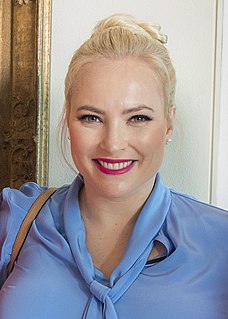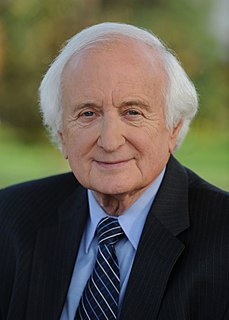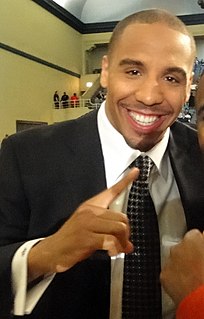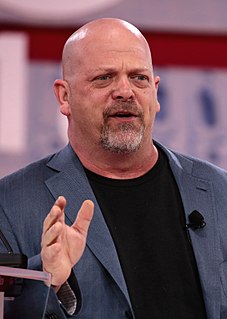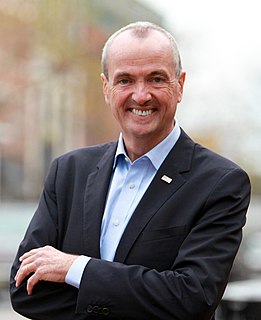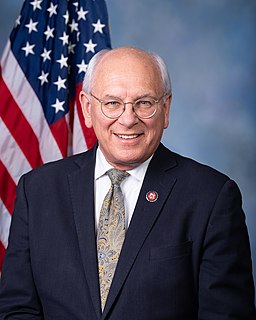A Quote by Mona Singh
TV has gone back to basics, relating to middle class family with real characters, less make-up and simple shots. I feel as an actor it is a delight to work in such shows.
Related Quotes
Remember 'The Brady Bunch' TV show? That 1970s family had a full-time live-in housekeeper called Alice. Mrs. Brady worked at the PTA and did community work. She didn't clean her own house. That was middle class. Now you have to be very rich to employ a housekeeper. Everything it meant to be middle class has changed dramatically.
The wedding is the chief ceremony of the middle-class mythology, and it functions as the official entrée of the spouses to their middle-class status. This is the real meaning of saving up to get married. The young couple struggles to set up an image of comfortable life which they will be forced to live up to in the years that follow.
The size of the U.S. middle class has been shrinking. Wages have been stagnant. We don't have those factory jobs that paid a living wage and enabled a family to have a home where the wife did not have to work. But we sent our factories abroad and there is no likelihood of getting them back. Equally worrisome is that some managerial jobs and professional jobs (such as lawyers) which support middle class life are threatened by automation.
I was brought up in a very naval, military, and conservative background. My father and his friends had very typical opinions of the British middle class - lower-middle class actually - after the war. My father broke into the middle class by joining the navy. I was the first member of my family ever to go to private school or even to university. So, the armed forces had been upward mobility for him.

